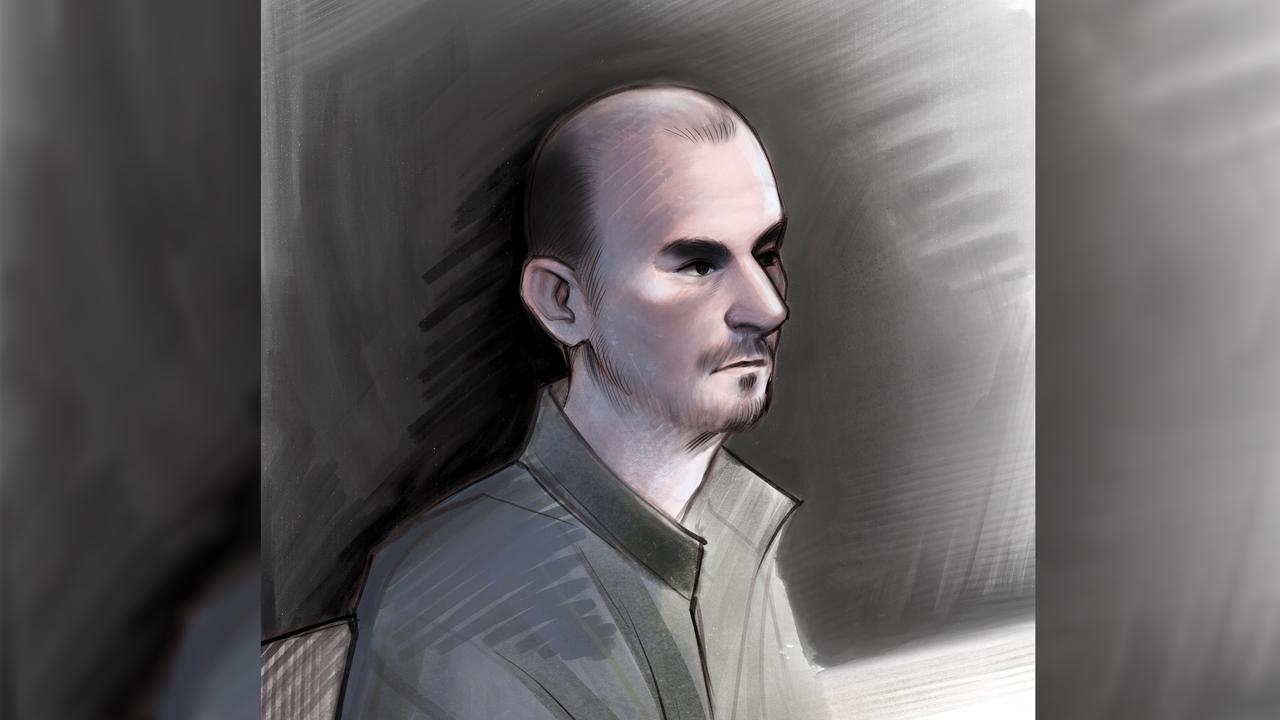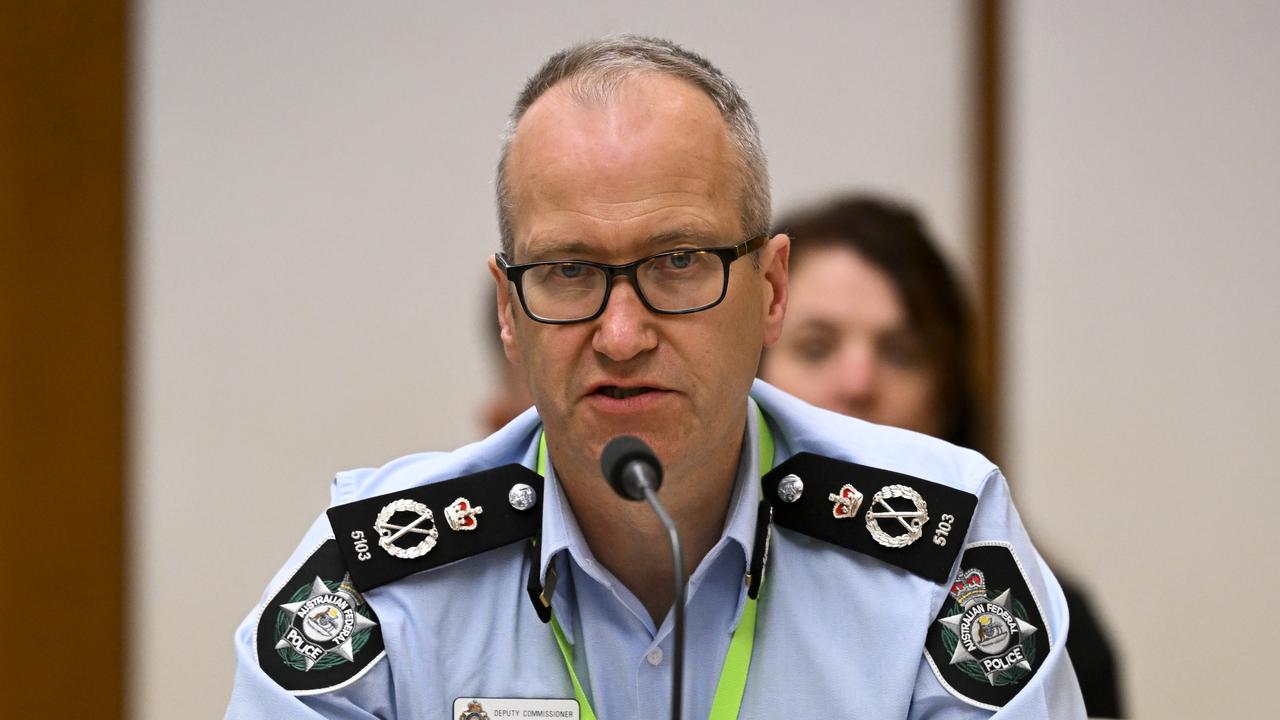
Horrific online sexual exploitation and physical abuse of children is getting worse as authorities concede they are struggling to protect vulnerable kids.
Federal police made the shock admission at a Senate inquiry on Wednesday, conceding they were “one step behind” pedophiles due to technology advancements.
A disturbing rise in exploitation cases was revealed as senior officers and child protection workers were grilled over incidents of abusers targeting childcare centres and kids in care.
Australian Federal Police Deputy Commissioner Ian McCartney said the complexity of online child sexual exploitation continued to grow virtually unchecked.
“I’m going to be honest … the crime of online child sexual exploitation is not getting better, it’s getting worse,” he said.
“I do not share this to scare the public, although I concede it may shock some caregivers and parents.”
The information might be confronting to hear, but people needed to be aware and ensure they were vigilant, Mr McCartney added.
“It used to take a village to raise a child,” he said.
“Because of advances in technology, it now takes a country to keep them safe.”
The Australian Centre to Counter Child Exploitation received an average of 226 reports every day, or 82,764 over the past financial year – up from 58,000 in the year prior.
The parliamentary probe was launched after a series of vile reported incidents of abuse in childcare centres across the country, including by one of Australia’s worst pedophiles, Ashley Paul Griffith.
Griffith was jailed for a minimum of 27 years for more than 300 offences committed in daycares in Brisbane and Italy over a period spanning almost two decades.

More recently, Victorian childcare worker Joshua Dale Brown was charged with sexually abusing eight children under the age of two.
“There have been several investigations where the AFP has charged childcare workers or those who work with children with online exploitation offences,” Mr McCartney told the inquiry.
Law enforcement failed to keep pace with technology and fell behind the cyber capability of offenders, highlighted by the arrest of South Australia predator Shannon McCoole more than a decade ago, senators heard.
McCoole, a former child-protection worker, was unveiled as the head administrator of a highly sophisticated global child pornography website.
He preyed on boys and girls aged between 18 months and three years and ran an international abuse ring through the Dark Web.

While criminals and pedophiles exploited every loophole and technology advancement, Mr McCartney said investigators remained constrained by legislation and privacy guidelines.
“The environment has changed exponentially, in terms of the threat, but also tools that are out there … we’re always going to be, unfortunately, one step behind,” he said.
Authorities have been pursuing prevention campaigns by partnering with social media platforms like Snapchat, the inquiry was told.
Popular social media influencers have been recruited to deliver messaging on sextortion and online grooming.
“It was really aiming at young boys … using influencers that have strong followership with young girls and young boys, trying to be a bit more innovative there,” AFP’s Commander Helen Schneider said.
“Probably one of the most important partnerships we have is making sure, knowing this is a global crime, and we need to take a borderless approach.”
The inquiry continues.